Having a toxic boss can really take a toll on you mentally, and toxic bosses are seriously so horrible. This article is going to help you understand the traits of a toxic boss so that you know which behaviors are not normal and ethical. Read on to know more about the signs of a toxic boss or toxic bosses.
We hear about toxic bosses all the time, but how do you know when a boss is “toxic”? “Toxic” is, of course, a vague descriptor. Are bosses toxic when they throw fits and scream, or only when they break the law?
Or are they toxic when they are immoral or unethical? Are they toxic if they’re nice one day and nasty the next, or just when they make you uncomfortable, nervous, or sick? These are valid questions because these individuals are easy to identify when their behaviors are outrageous; but perhaps less so when their behaviors are more subtle.
There are behaviors and attitudes that others may display that over time can have an emotional, psychological, even physical effect on us. These effects can include illness, reduced productivity, or absenteeism, all of which can have financial consequences.
Bottom line: if you have a toxic boss, you will be the victim – you will pay the price – even if it is “only” at an emotional level. Indeed, when people trample over our emotions, it can take a toll on our health, our mental well-being, and our wallets.
Related: The Top 10 Toxic Behaviors Of Lousy Leaders
Anxiety, depression, or panic attacks brought on by a toxic boss can cost thousands of dollars in lost wages or medical expenses per year – no small matter.
So, whether you are an intern or a long-time employee, it behooves you to assess those around you—but especially those you work for.
The minute terms such as “jerk,” “callous,” “insensitive,” “arrogant,” “obnoxious,” “condescending,” “nasty,” or “bully” enter into your vocabulary when referring to a boss, something is wrong. But even these terms are too general.
The list* below can help you to recognize often-overlooked behaviors consistent with those individuals who have character flaws and are potentially toxic. The more of these behaviors they demonstrate, the greater the chances that they will take a toll on you over time.
Read each item carefully and check off if you have experienced these behaviors at least once.
20 Clues To Toxic Bosses
1. Requires excessive admiration from you or others and is often boastful of achievements.
2. Is arrogant and haughty in behavior or attitude toward you or others.
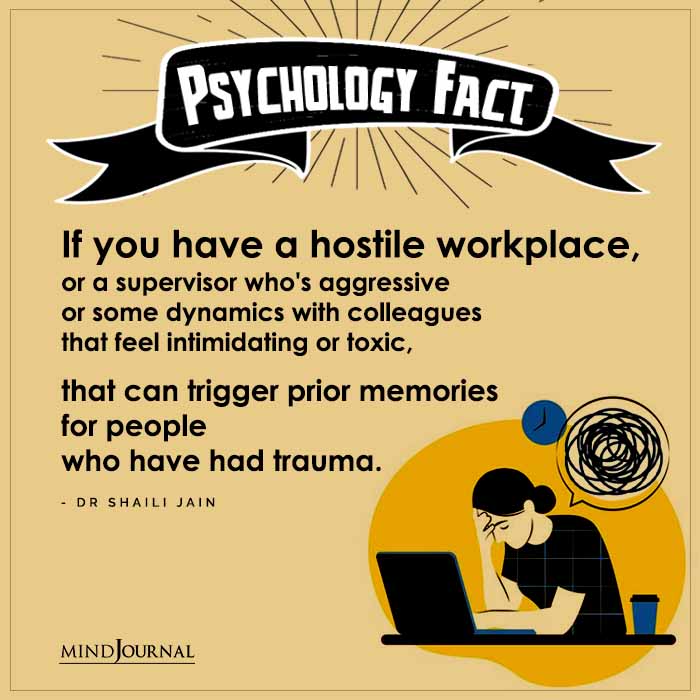
3. Demands unquestioning obedience from you or subordinates.
4. Has a sense of entitlement – expecting special treatment at all times and in all things.
5. Feels entitled or empowered to bend rules or procedures, circumvent safety, or break laws.
6. Is hypersensitive to how he or she is seen or perceived by others and appears to always contrive a performance to ensure being in the spotlight.
7. Has ignored your needs or those of others, including biological, physical, emotional, or financial needs.
8. Behaves as though you or others are objects to be used, manipulated, or exploited for personal gain.
9. Doesn’t seem to listen well regarding your needs or others’; communication is usually one-way in the form of dictates.
10. When critical of others tends to lash out not just with anger but with rage.
11. Acts imperious at times, not wishing to know what you or others think or desire.
Related: 5 Signs Your Boss Is A Misogynist
12. Is superficially charming and makes a good first impression, but you soon see the personality and character flaws.
13. Treats you or others with contempt or publicly devalues you or others as being inferior or lacking.
14. Seems to be highly dependent upon tribute and adoration from you and others and will often fish for compliments.
15. Is constantly assessing for those who are a threat or will make him or her look bad.
16. The word “I” dominates conversations. This person is oblivious to the frequency of self-references he or she uses.
17. Takes little or no interest in you or others or in your life history, background, or accomplishments.
18. Doesn’t seem to feel guilty for errors or wrongdoing and does not apologize for actions.
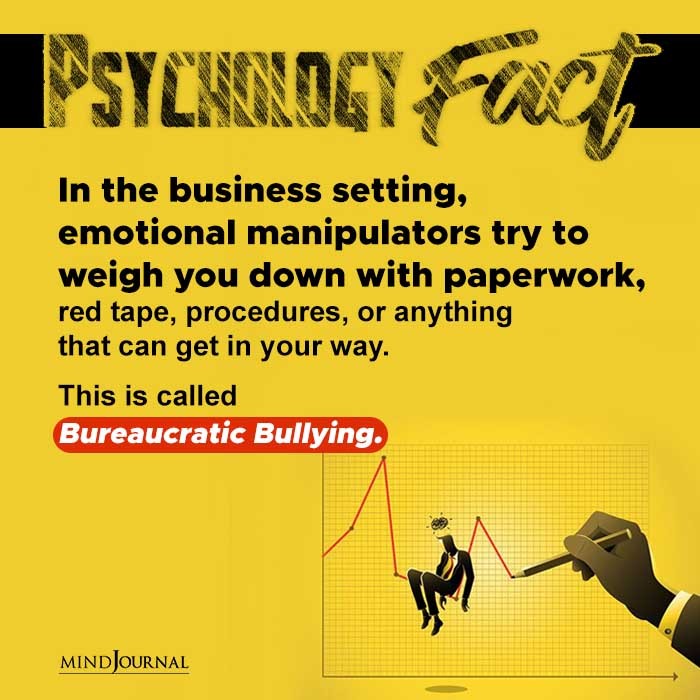
19. Is preoccupied with success or power to the point of alienating others.
20. Seeks to be the center of attention in meetings and doesn’t hesitate to let you know he or she is the smartest person in the room.
As I noted in Dangerous Personalities, there are many behaviors that we can look for to help us navigate around potentially dangerous individuals. This is just a partial list* to identify more subtle behaviors that over time will grind you down and potentially affect your well-being.
If you work with someone like this (15 or more items checked off), whether by necessity or by choice, you may pay a high price, because you will never be truly valued or appreciated – or worse, you may be put at emotional, physical, psychological, or even financial risk.
Related: How To Deal With A Narcissistic Boss: 14 Strategies That Always Work
The first step in protecting ourselves, and our loved ones, is knowledge. By validating what we observe and feel, we can then utilize effective strategies to deal with these individuals in order to insulate ourselves from harm.
After all, “We have no social obligation to be victimized” by them or anyone else – ever!
*The above list and final quote was adapted from Dangerous Personalities (Rodale). For additional information on Narcissists, refer to “12 Things Narcissists Think” in Psychology Today.
Check out Joe Navarro’s website for more such informative and interesting articles. His books are available to purchase here.
Written By Joe Navarro M.A.
Originally Appeared On Psychology Today
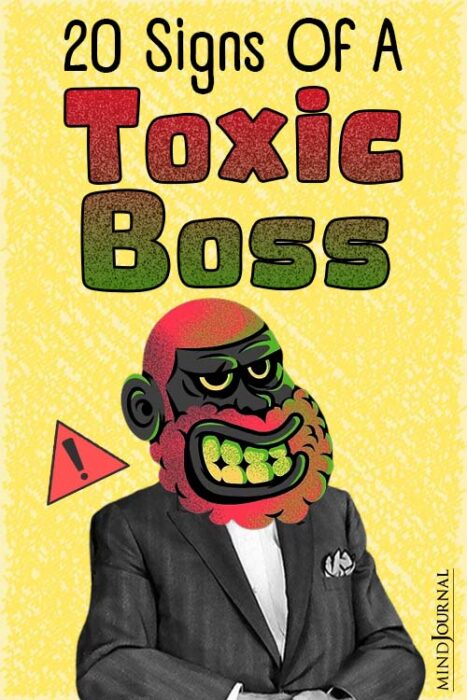
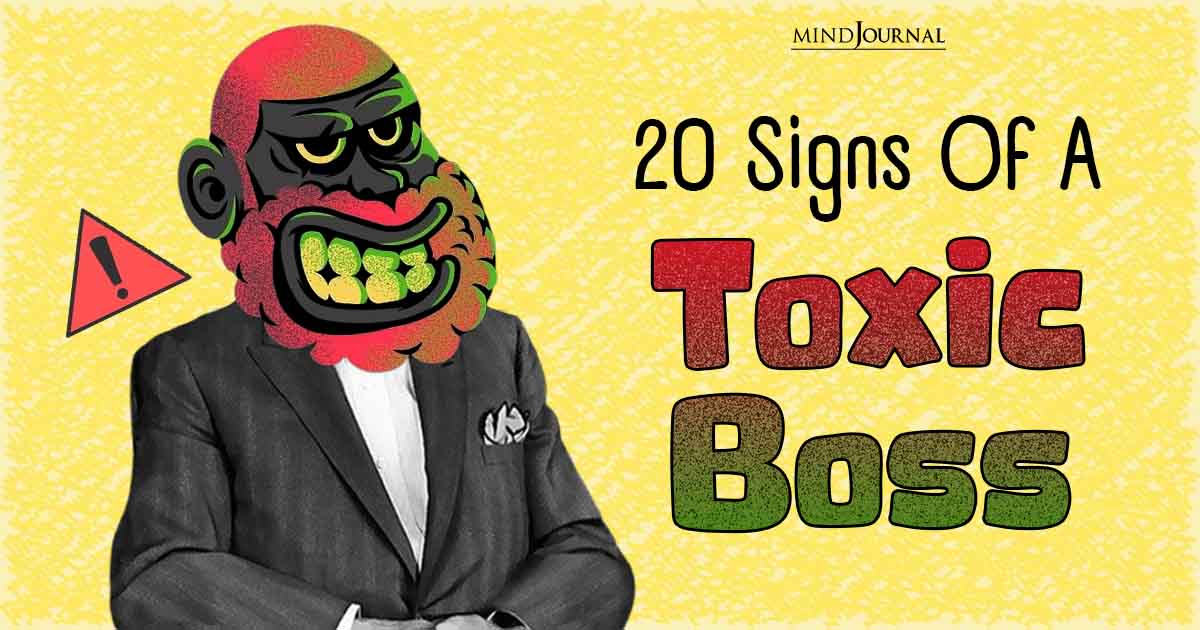


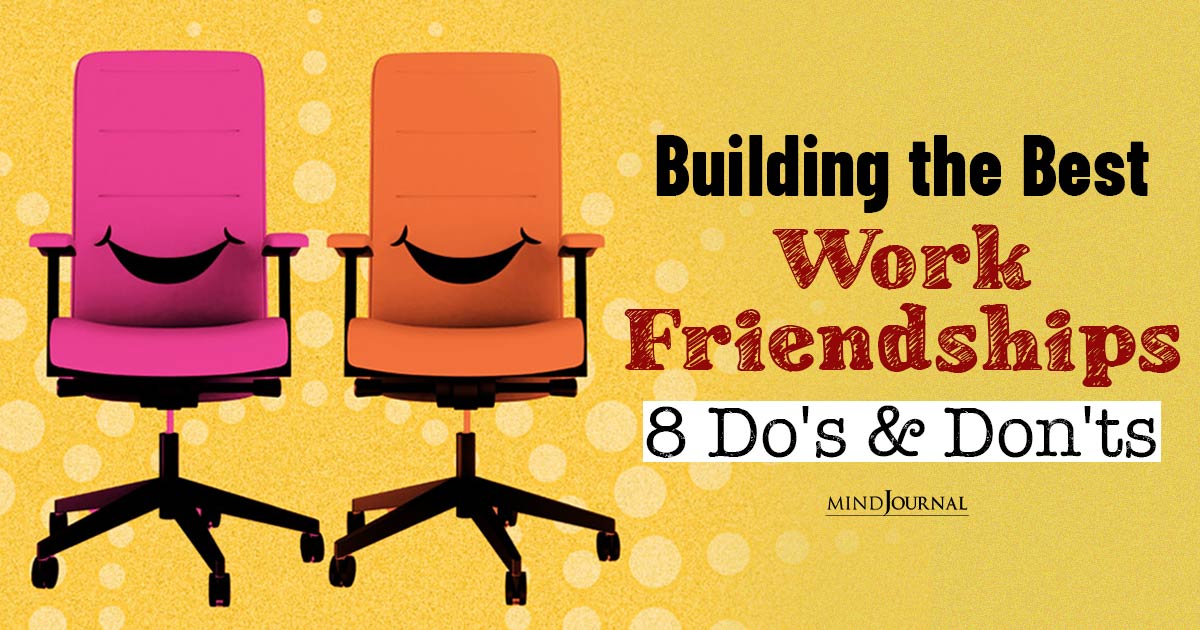




Leave a Reply
You must be logged in to post a comment.